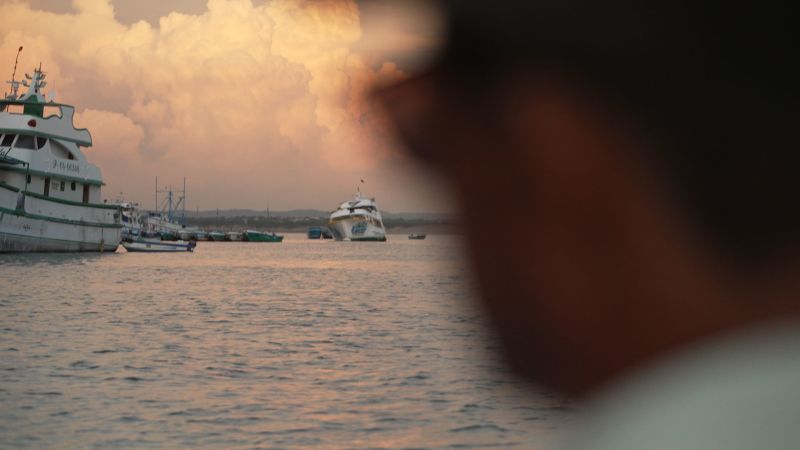
On Ecuador’s cocaine coast, with a fisherman who turned to smuggling
CNN
Inside the world of Ecuador’s cocaine coast, where a network built on stealth and speed helps fishermen smuggle drugs while law enforcement tries to stop them.
“One more trip,” he says. “And then I’ll stop.” He’s a fisherman by trade, born and raised in the coastal city of Manta — a place once known for tuna and tranquility. But these days, the fish are harder to find. The trips are longer. And the money, he says, just isn’t there anymore. “As a fisherman, in a month you can make $300,” he says. “But with the drug, the white one… that’s the money, brother!” One trip, running cocaine by sea to Mexico, pays $60,000, he says. Half up front. Half when you make it back alive. “I think that if I get one more trip, I would go, to try my luck,” he says, adding he wants to buy his mother a house. “And then I’ll stop.” He agrees to take us out — not on a drug run, but to show us how it’s done. The routes, the tactics, the escape paths. He asks that we not use his name or show his face. If this was his one last trip, he says he would have dozens of black sacks of cocaine — worth an estimated $500,000 in Ecuador but as much as $5 million on US streets, he says — hidden beneath the false floors of “pregnant” speedboats he and three others power across the Pacific. “We leave from here to get to one point over there in Mexico, where there’s a boat waiting for us. We don’t enter a port,” he explains.

Rep. Marjorie Taylor Greene made clear she is at odds with the president and other Republicans who support an aggressive posture against Iran, acknowledging that there’s a “very big divide” in the party over the issue and that her position opposing foreign wars is becoming “more popular” among the base.

 Run 3 Space | Play Space Running Game
Run 3 Space | Play Space Running Game Traffic Jam 3D | Online Racing Game
Traffic Jam 3D | Online Racing Game Duck Hunt | Play Old Classic Game
Duck Hunt | Play Old Classic Game










